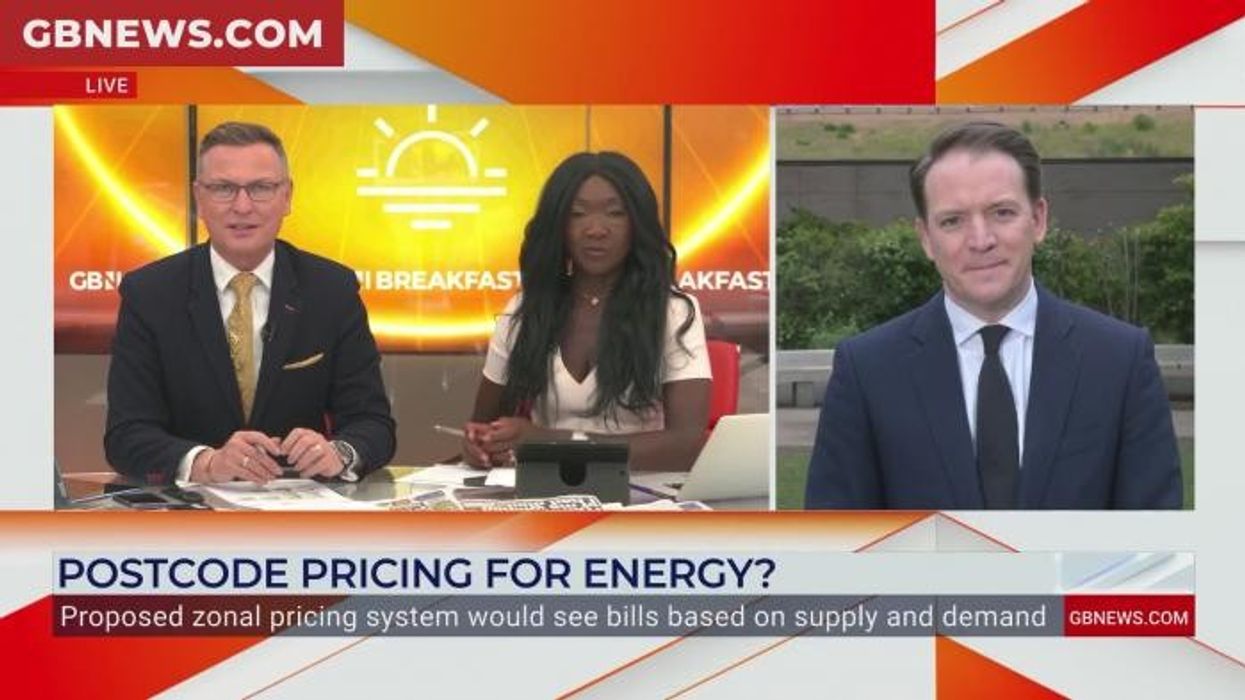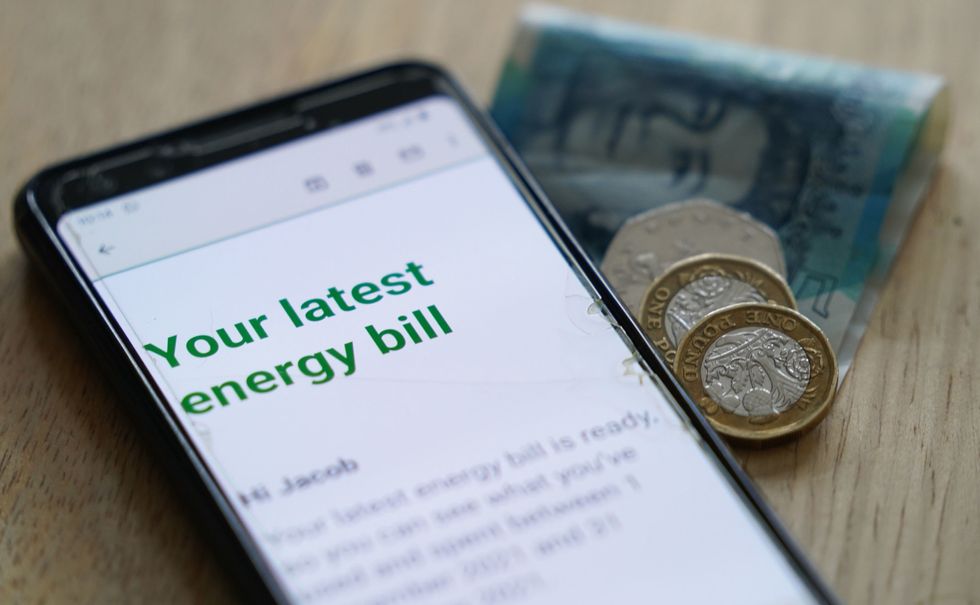Energy bill blow: Ed Miliband's net zero agenda costs households an extra £280 a year

Ed Miliband risks ‘disproportionately burdening’ families with energy bills shake-up |
GB News

Renewables subsidies are now costing £25.8bn per year - or over £900 per household annually
Don't Miss
Most Read
Latest
Britain’s green energy subsidies are costing British households £280 a year on their electricity bills, according to new research.
The report claims subsidies for wind and solar are adding hundreds of pounds to bills and holding back UK industry.
A further £650 per household is being passed on indirectly through higher costs at businesses like supermarkets, as companies recover their share of green energy levies, according to research by the Renewable Energy Foundation (REF).
It means the total cost of renewable energy subsidies is now around £25.8 billion a year across households and industry. REF said this was a major factor behind high electricity prices and blamed it for helping to drive the decline in British manufacturing.
John Constable, director of the Renewable Energy Foundation, said: "Renewables subsidies are now costing £25.8bn per year – or over £900 per household annually – about one third of which, £280, will hit the average domestic electricity bill directly.
"The remainder, £650, impacts households through general cost of living increases – as businesses like supermarkets recover their share of the green subsidy costs through increased prices. This is intolerable. It simply can’t go on."
 Energy bills are among a number of outgoings which have soared | PA
Energy bills are among a number of outgoings which have soared | PAThe report also reignites a political row over Labour's earlier campaign claim that switching to a fully renewable energy system would cut household bills by £300. Since becoming Energy Secretary, Ed Miliband has come under pressure to prove that bills are actually going down.
Andrew Bowie, the Conservative shadow energy secretary, criticised Miliband's approach. He said: "Ed Miliband can try to perpetuate the fiction that his net zero targets will save people money, but this research reveals the true cost of prioritising climate targets over cheap energy.
"Under new leadership, the Conservatives have been clear that the cost to families of net zero by 2050 will be far too high."
The REF report comes as households face another rise in energy bills. Ofgem’s latest price cap pushed average bills up by 6.4 per cent, or £111, from April.
LATEST DEVELOPMENTS:
 Ed Miliband said the plan will protect households from future energy price spikes | PA
Ed Miliband said the plan will protect households from future energy price spikes | PAThe Government has disputed REF’s numbers, saying the report "ignores the benefits of clean power and significantly misleads on the cost of renewables".
REF analysed the impact of ten subsidy schemes introduced since 2002. The most expensive is the Renewable Obligation, which offers long-term support for renewable energy projects.
It cost £6.8bn in 2023 alone and is set to keep paying out to eligible companies until 2037. Cornwall Insight estimates it adds £89.26 to the average domestic bill.
Overall, REF claims green subsidies made up more than a third of the UK’s total £71bn electricity spend in 2023. It argues that rising subsidy costs are contributing to the UK’s poor productivity growth and cost of living crisis.

Energy bill blow: Ed Miliband's net zero agenda costs households an extra £280 a year
| GETTYThe Government defended its strategy and a spokesman said: "As shown by the National Energy System Operator’s independent report, clean power by 2030 is achievable and will deliver a more secure energy system, which could see a lower cost of electricity and lower bills."
Ana Musat, of industry group Renewable UK, said it was unfair to look at subsidy costs in isolation.
She said: "Offshore wind alone is attracting billions of pounds of new investment to this country, supporting 32,000 jobs, and this is set to rise to 100,000 by 2030. We're also expecting subsidy costs to begin falling in the near future, with a £1.8bn reduction for billpayers starting in 2027."
Many of the schemes REF analysed were introduced under previous Conservative or coalition governments.










